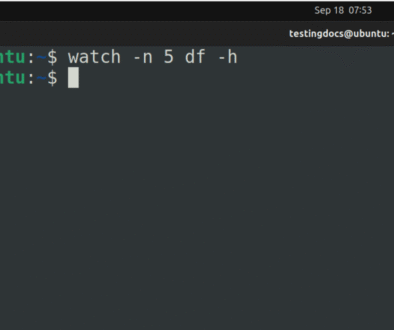Linux stat Command
Linux stat Command
The stat command in Linux is used to display detailed information about files and file systems. It provides access, modify, change, and birth timestamps along with metadata like file size, permissions, and ownership. This makes it useful for both system administrators and forensic analysts.
Basic Syntax
The general syntax of the command are as follows:
$ stat [options] filenameExamples
View File Information
$ stat file.txtShows detailed information about file.txt, including size, permissions, owner, and timestamps.
Display Only File Size
$ stat -c %s file.txtOutputs the file size in bytes.
Show Last Access Time
$ stat -c %x file.txtDisplays the last access timestamp of the file.
Show Last Modification Time
$ stat -c %y file.txtDisplays the last time the file content was modified.
Show Last Change Time
$ stat -c %z file.txtShows the last time file metadata (permissions, ownership, etc.) changed.
Custom Output Format
$ stat -c "File: %n | Size: %s bytes | Modified: %y" file.txtDisplays a custom summary of file details in one line.
Key Timestamps
| Timestamp | Description |
|---|---|
| Access | Last time the file was read. |
| Modify | Last time the file content was modified. |
| Change | Last time file metadata (permissions/ownership) changed. |
| Birth | File creation time (may not be available on all filesystems). |
The stat command is a versatile utility for examining files in Linux. Whether you are troubleshooting file issues, monitoring file activity, or conducting forensic analysis, stat provides detailed and structured insights into file metadata and timestamps.


